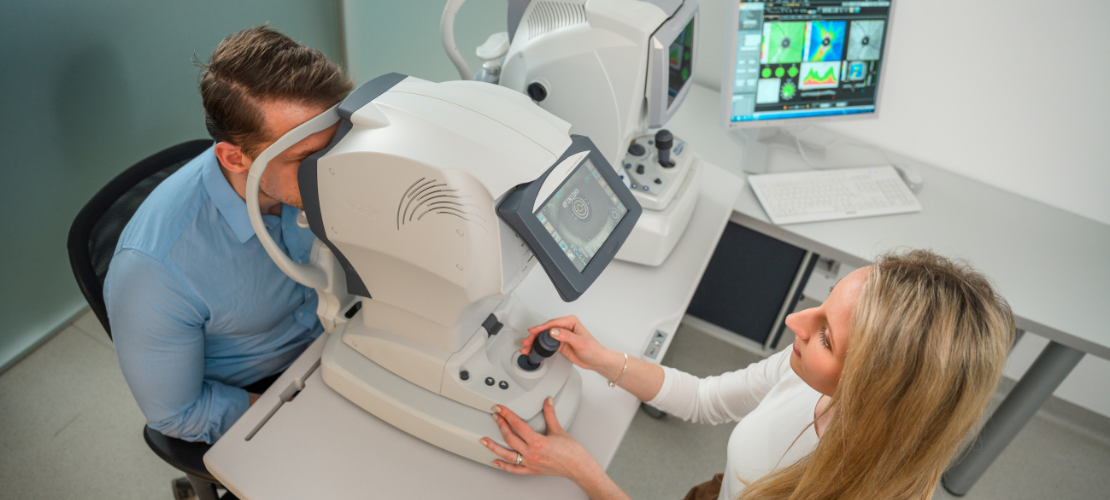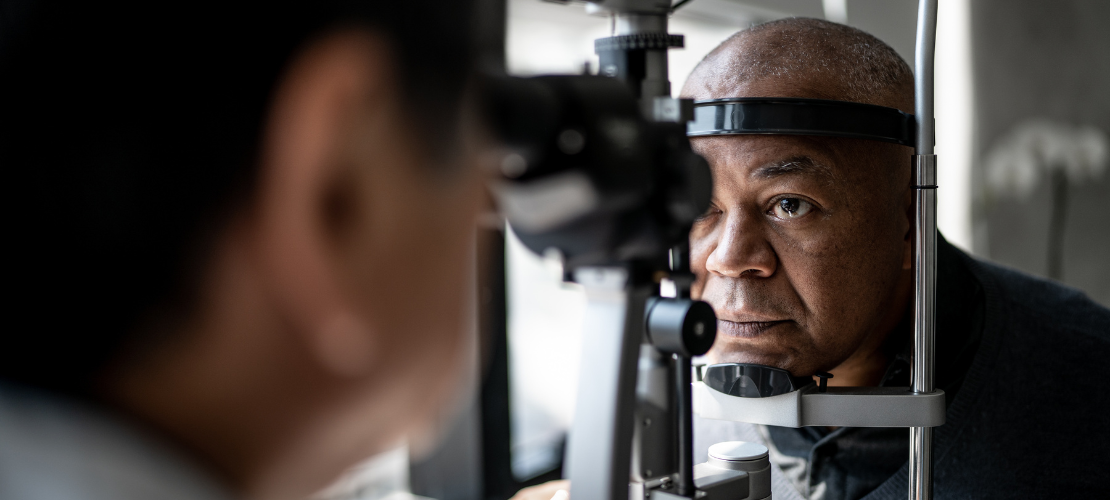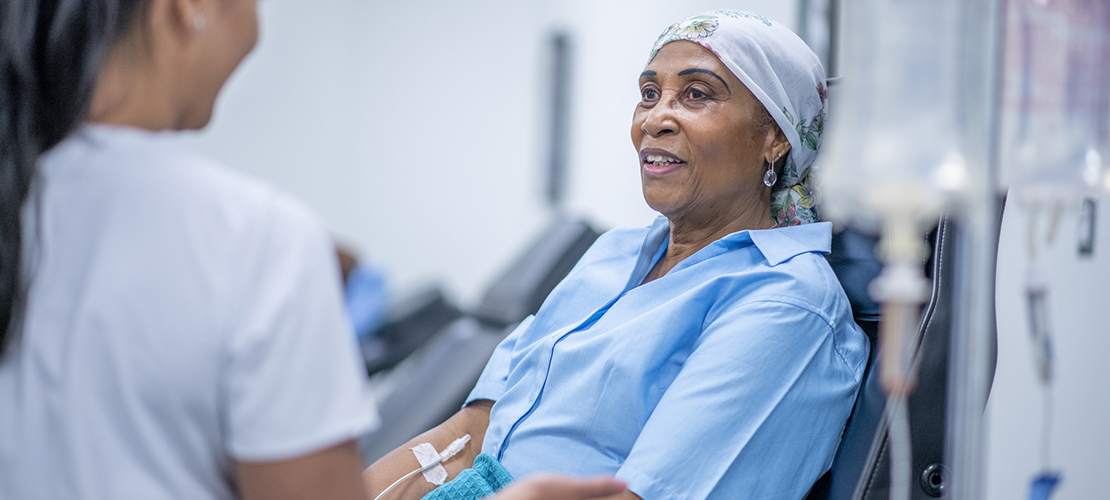Most illnesses can be treated more easily if they are picked up at an early stage. For some conditions, early detection can be life-saving, whereas finding the disease later might make it impossible to treat.
Treating early-stage disease is also quicker and costs less. This is better for patients, and it frees up more NHS resources. So, everyone wins.
We already have reliable tests for some diseases, even in patients with no symptoms. But there are still many diseases where no simple diagnostic tests exist. There are many health research studies looking for new and clever ways to diagnose diseases – here are just a few of them:
A breathalyser for pancreatic cancer
The VAPOR study is trialling the world’s first breath test for pancreatic cancer. Pancreatic cancer symptoms are often mistaken for less serious conditions. The test would help GPs to identify those patients who need a referral for more detailed investigation. The test detects small molecules called volatile organic compounds, which the researchers believe are released by pancreatic cancers.
A simple test for Alzheimer’s
The only way to reliably diagnose Alzheimer’s disease is by an expensive brain scan or by testing the fluid around the brain. Neither of these tests is easily available. Research is underway to find a simpler test that people could access easily. One study is looking at memory, hearing, and mood in older adults. It is also examining genes, gut bacteria, blood, and brain activity. The goal is to find the best early tests for Alzheimer's.

An eye scan to identify Parkinson’s disease
Eye scans can identify signs of Parkinson’s disease up to 7 years before symptoms may appear, recent research has found. The researchers hope the technique could eventually offer a way to pre-screen people who might be at risk of the disease. Eye scans may provide a 'window' into the body's health. Studies have also looked at their use in spotting signs of Alzheimer's and multiple sclerosis.
Would you like to help in the development of a new diagnostic test?
Many studies of new tests need to recruit healthy volunteers. They also need patients with, or at risk of, the diseases involved. Whoever you are, wherever you live, there’s likely to be a study that you could be involved in.
As a first step, why not sign up to Be Part of Research? Answer a few questions about yourself and we'll let you know about health and care research that’s relevant to you. Straight to your inbox.
As well as the studies mentioned above – check out some of the other research which is currently recruiting participants:








